What is the difference between freight and trucking?
In the modern logistics system, freight and trucking are two common and key concepts. Although they are often confused or used interchangeably, there are obvious differences between the two in terms of definition, scope, service content and application scenarios.
This article will explore the difference between freight and trucking in depth, analyze their respective characteristics and important roles in the logistics industry.
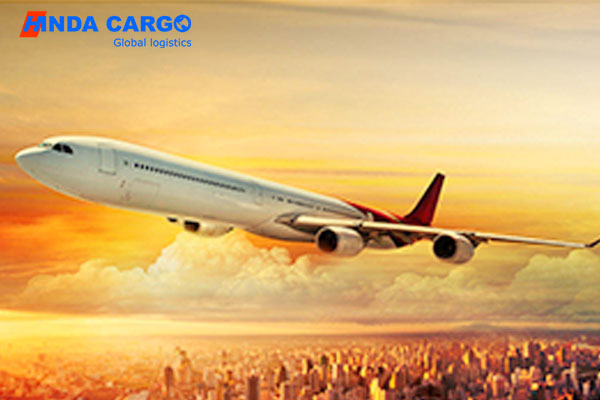
Definition and scope of freight
Freight refers to the process of transporting bulk commodities or materials from one location to another through various modes of transportation (such as sea, air, rail and road transportation). Freight covers the entire logistics process from manufacturers to consumers, including packaging, warehousing, loading and unloading, transportation and distribution of goods.
There are various modes of transportation for freight, and the most appropriate mode of transportation can be selected according to the nature, volume, weight and transportation distance of the goods.
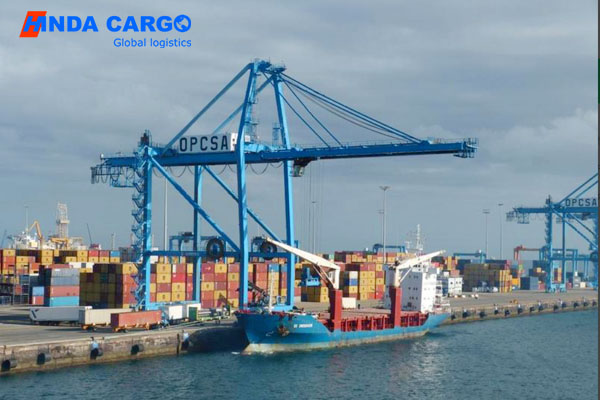
Common freight modes include:
1. Sea transportation: suitable for long-distance, large-volume, low-value cargo transportation, such as ore, crude oil, grain, etc.
2. Air transport: suitable for high-value, time-sensitive cargo transportation, such as electronic products, luxury goods, fresh food, etc.
3. Railway transport: suitable for medium and long-distance transportation of bulk and heavy goods, such as coal, steel, chemical products, etc.
4. Road transport: suitable for medium and short-distance transportation, high flexibility, and can achieve "door-to-door" service.
Definition and scope of truck transportation
Truck transportation is a specific form of freight, which refers to the process of transporting goods from one location to another by truck. Truck transportation is mainly used for medium and short-distance cargo transportation, suitable for small-volume, high-frequency logistics needs. It plays an important role in urban distribution, regional logistics and short-distance transportation.
The characteristics of truck transportation include:
1. High flexibility: Trucks can directly drive into the starting and ending points of goods, realize "door-to-door" service, reduce transit links, and shorten transportation time.
2. Fast response speed: Truck transportation has strong adaptability, can quickly respond to customer needs, and is flexible in scheduling, suitable for short-distance and urgent cargo transportation.
3. Wide coverage: Truck transportation can reach various cities and villages, with a wide coverage and suitable for various geographical conditions.
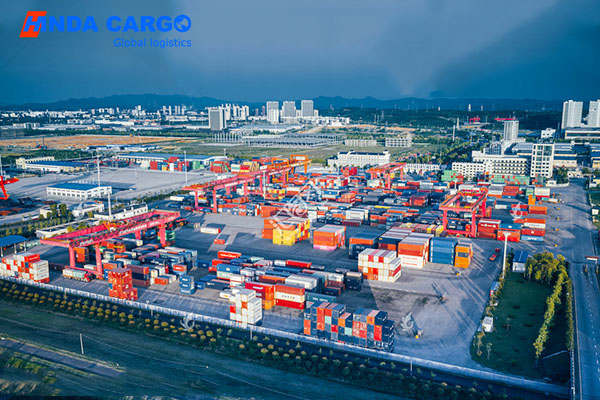
What is the difference between freight and truck transportation?
Although freight and truck transportation overlap in some aspects, they are significantly different in the following aspects:
1. Mode and scope of transportation
● Freight: covers a variety of modes such as sea transportation, air transportation, rail transportation and road transportation, and is suitable for international and domestic transportation of long-distance and large-volume goods. Freight has a wider scope and can achieve global cargo transportation.
★ Truck transportation: mainly refers to road transportation by truck, which is suitable for regional and urban distribution of medium and short-distance goods. The scope of truck transportation is relatively small, mainly within a country or region.
2. Object of transportation
● Freight: Applicable to various types of goods, including raw materials, semi-finished products, finished products, bulk commodities, heavy equipment, etc. Freight transportation has a wide range of objects and adapts to the transportation of goods of different nature and needs.
★ Truck transportation: Mainly suitable for small-volume and high-frequency goods, such as retail goods, express parcels, daily necessities, etc. The objects of truck transportation are relatively concentrated, mostly for goods with medium and short-distance logistics needs.
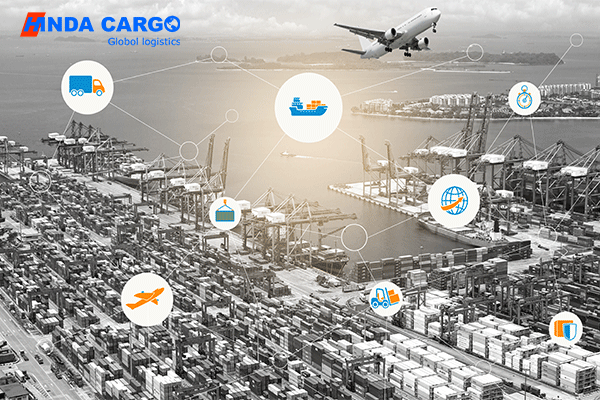
3. Transportation efficiency and cost
● Freight: Since it involves multiple modes of transportation, the efficiency and cost of freight vary depending on the mode of transportation. Ocean transportation has low costs but long transportation time, air transportation is fast but costly, and rail transportation has moderate costs and large transportation volume.
★ Truck transportation: It has the advantages of fast transportation speed and high flexibility, but the cost is high in long-distance transportation. Truck transportation is suitable for short-distance, high-frequency, and time-sensitive logistics needs.
4. Service content
● Freight: The service content covers multiple links such as packaging, warehousing, loading and unloading, transportation, customs declaration, insurance, etc., providing comprehensive logistics solutions. Freight companies usually have a global network and strong resource integration capabilities.
★ Truck transportation: It mainly provides loading and unloading, transportation and distribution services for goods, focusing on regional logistics needs. Truck transportation companies usually focus on improving transportation efficiency and flexibility to meet customers' urgent and diversified needs.
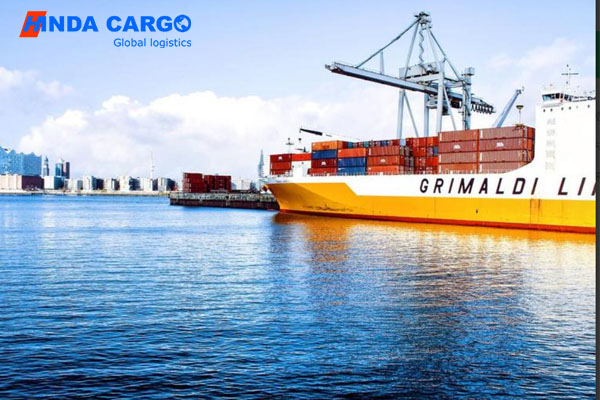
Summary
Freight and truck transportation, as an important part of the modern logistics system, play a key role in the global economy and daily life. Although the two differ in definition, scope and application scenarios, they jointly promote the development and progress of the logistics industry.




